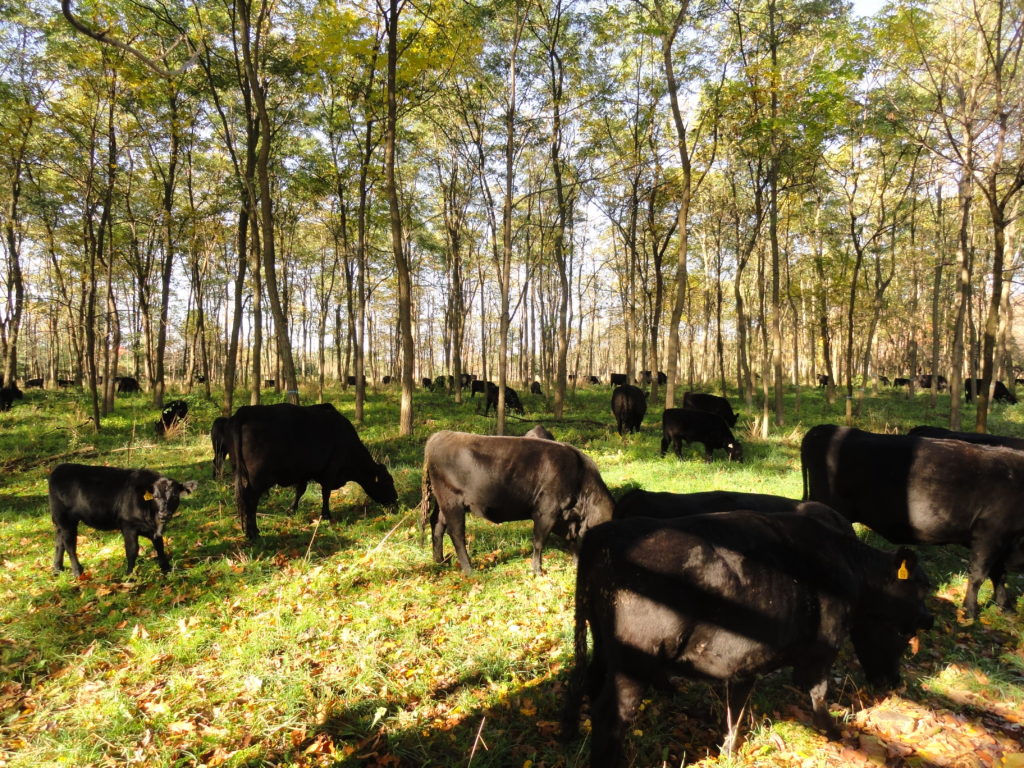“Making changes to leave the land better than you found it.”
Devon farmer Andy Gray’s regenerative farming project to feature on the BBC’s Countryfile programme
.
The Sid Valley Biodiversity Group has looked at ‘regenerative agriculture’ as a real way forward:
Climate change and biodiversity: nature-based solutions for Devon – Vision Group for Sidmouth
And it really is gaining interest:
Regenerative agriculture – Vision Group for Sidmouth
Regenerative agriculture: part two – Vision Group for Sidmouth
Here’s an inspiring look at what regenerative agriculture should be about:
Instead of creating complex rigid systems, and complicated terminology and definitions, regen ag should be about inspiring and encouraging people to work together towards a bigger picture. Regen ag needs all of these things to succeed, but it all starts with mindset. You’ve got to be interested to learn, hungry for knowledge, happy to trial, and willing to fail. It doesn’t have to be badged up as ‘regen ag’ but making changes to leave the land better than you found it, and to develop a business that is resilient and ready for the future has never been a better idea.
Getting to the heart of regen ag – CHAP
The Food Exeter group is very keen on the idea and practice:
Regenerative agriculture focuses on farming in harmony with nature, not only “doing no harm” to the land but actively improving it.
Regenerative Agriculture – Food ExeterAnd here’s a project in central Devon – as highlighted by Sustainable Crediton:

Elston Farm’s Silvo Pasture Project to feature on BBC’s Countryfile
Local farmer Andy Gray’s regenerative farming project to create silvo pasture, is to feature on the BBC’s Countryfile programme, probably on 7th November.
Many of us were involved back in the spring with helping Andy to plant his trees, or heard his interesting and positive presentation at our AGM and relaunch last month.
This should make interesting viewing and it will be great to see how those trees are doing!
Sustainable Crediton – Elston Farm’s Silvo Pasture Project to feature on BBC’s Countryfile
photo: Sustainable Crediton and Six Key Principles for a Successful Silvopasture – Cornell Small Farms
There are many more such projects in Devon:
Redwoods Farm | Family run Devon farm using regenerative agriculture
Devon livestock farm joins global cohort for trailblazing regenerative farming pilot – Devon Live
Regenerative farming | higherhacknell.co.uk
Finally, the Observer takes us to Devon – via Cumbria and Hereford:
Sustainable isn’t a thing’: why regenerative agriculture is food’s latest buzzword
The most elegant expression of why regenerative agriculture should be at the heart of British farming is James Rebanks’s 2020 book, English Pastoral. Rebanks, whose family have farmed in the Lake District for 600 years, avoids easy scapegoating for the hole that many farmers now find themselves in. But he’s clear that to protect our food system and our landscape, we need to change – or regenerate…
In late June 2021, more than 3,500 regenerative farmers came together for a two-day festival in Hertfordshire called Groundswell. Because of the loose definitions, it’s hard to say how many UK farmers are following regenerative practices, but put it this way: previous editions of Groundswell have taken place in one, admittedly quite large room; this year, the festival had seven stages and sprawled over multiple fields. You could – and people actually did – call it the “Glastonbury of farming”.
One of the biggest and most boisterous crowds was for the talk given by George Eustice, the secretary of state for environment, food and rural affairs. “Everyone recognises the need to change our approach to tackle the environmental challenges, both on climate change, but also on biodiversity,” said Eustice. “And leaving the European Union gives us, as a country, a great opportunity to show the world how we can do this: an opportunity through this seven-year transition to completely reorder the incentives in our system, so that we support a regenerative agriculture. And that is precisely what we want our future policy to do.” …
Elsewhere at Groundswell, there was much discussion about how to bring the public along with the movement. “We are unashamedly in the orgasm business,” said Peter Greig of Pipers Farm, who has been farming in north Devon for 30 years and now works with 40 local, small-scale farmers to bring regenerative products to market. “Our job as food producers is to give people pleasure. Number one, if they eat something, and they think ‘Bloody hell,’ and they remember it, they will come back and buy it again. And it’s very obvious that the way to produce food that is absolutely fabulous to eat is to revert to nature.”‘
Regenerative farming shift could reduce UK climate emissions, say experts | Farming | The Guardian
.